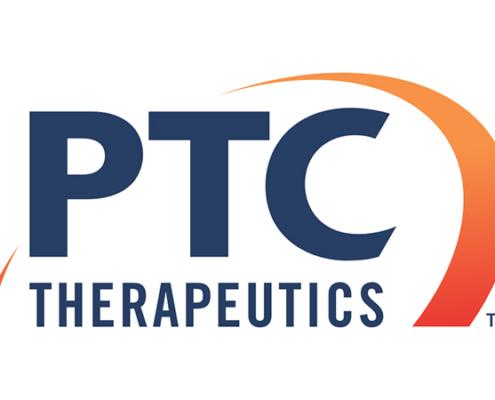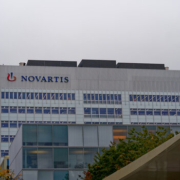PTC touts promising late-stage results in adults, children with PKU
PTC touts promising late-stage results in adults, children with PKU
Published: May 17, 2023
By Rosemary Scott
BioSpace
PTC Therapeutics announced Wednesday that its phenylketonuria treatment, sepiapterin, met its primary endpoint in a Phase III trial of adult and pediatric patients.
The APHENITY trial included 156 children and adults with PKU in which patients were treated with either sepiapterin or placebo. The goal of the trial was to reduce levels of phenylalanine, an amino acid, in the blood. Patients with the inherited metabolic disorder cannot break down phenylalanine on their own, causing a build-up of the acid, which often leads to memory and neurological issues.
According to the press release, patients treated with sepiapterin logged an average phenylalanine reduction of 63%, compared to minimal reductions in those treated with placebo.
The company’s shares traded 6% higher Wednesday morning following the news.
If approved, sepiapterin would rival Biomarin’s phenylketonuria (PKU) treatment, Kuvan, which the FDA originally greenlit in 2007. According to an analysis by Evaluate Pharma, both treatments use the same mechanism of action, and though there was no direct comparison to Kuvan in the APHENITY trial, Kuvan’s label states it elicits a phenylalanine reduction of 32%, compared to sepiapterin’s 63%.
Still, differences in the trial participants should be accounted for, as according to Evaluate Pharma’s analysis, Biomarin’s trial enrolled PKU patients with much higher phenylalanine levels.
In a Wednesday conference call, Matthew B. Klein, CEO of PTC, said the data is encouraging and described the company’s next steps.
“Our next step is to request pre-submission meetings with regulatory authorities, which we will do as soon as possible,” Klein said. Based on that feedback, he added, PTC will then move forward with a New Drug Application submission to the FDA.
Klein noted on the call that because the study was designed to include patients of all ages, he expects to be granted a label that will include infants, in addition to pediatric and adult patients. He added that the treatment had no serious safety issues in the trial, and the most common adverse events were headache and diarrhea.
Klein said PTC also expects to report results from the Phase III MOVE-FA trial studying vatiquinone (PTC743) in children and young adults with Friedreich ataxia in May. Results from a Phase II/III MIT-E study of vatiquinone in patients with mitochondrial disease-associated seizures and a Phase II trial studying PTC518 in Huntington’s disease, dubbed PIVOT-HD, are expected in June.
The PIVOT-HD trial was put on hold last October when the FDA requested additional information on the trial. At the time, Jeanine Clemente, senior director of U.S. and global corporate communications, told BioSpace that PTC was working with the agency to provide the additional data. There were no serious safety events reported.
Source: BioSpace










